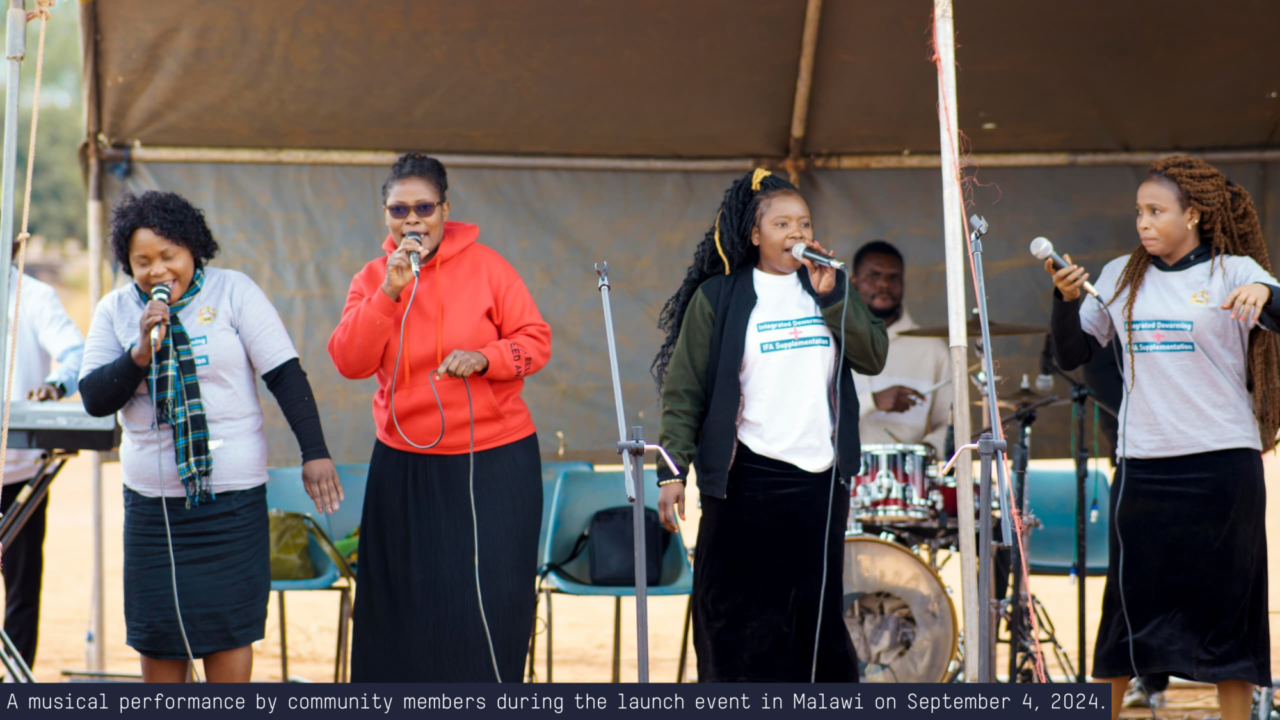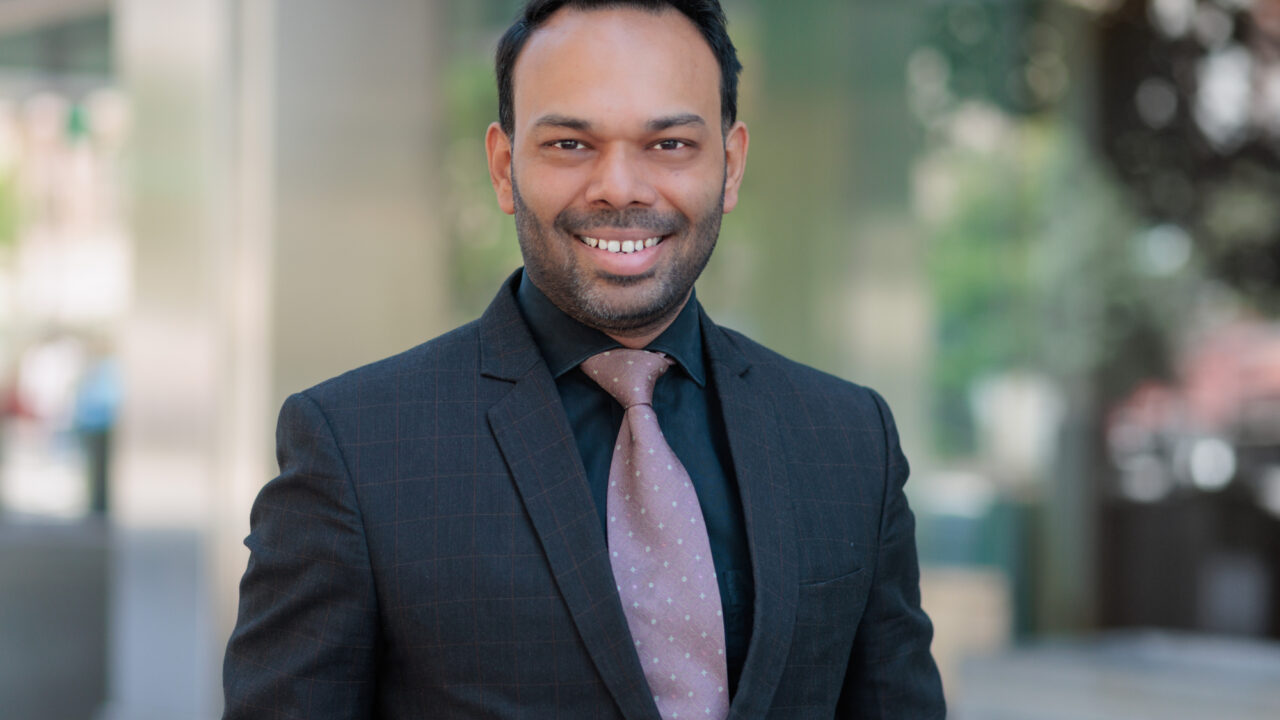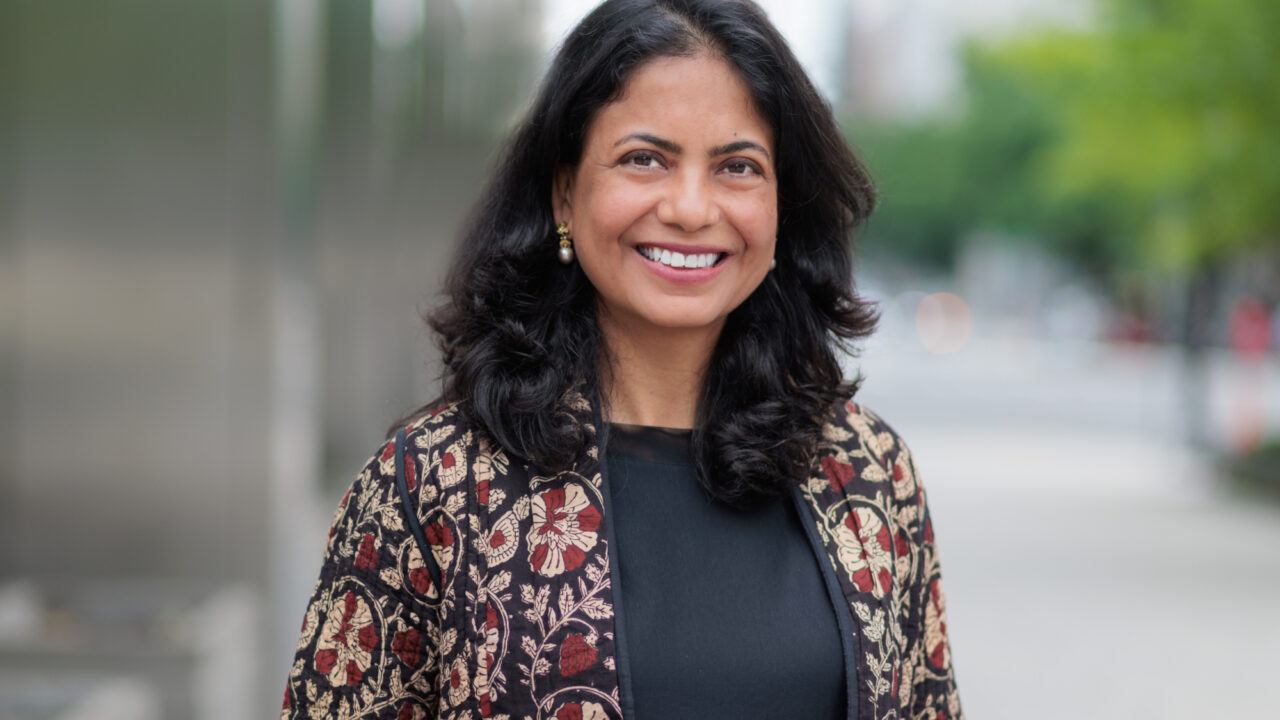On March 24, 2020, in response to the global COVID-19 pandemic, the Government of India imposed a country-wide lockdown that closed airports, train stations, schools, and factories, and urged more than 1.3 billion people to stay in their homes. It was in the midst of this novel health crisis that the government of the state of Rajasthan asked for our assistance in combating a local COVID-related challenge.
Despite the restrictions imposed at the national level, in the state capital of Jaipur COVID-19 cases continued to rise, leading the city to implement additional curfew restrictions for certain hotspots within the city. While the country-wide lockdown restricted people from leaving their homes except to acquire key essentials, in Jaipur’s hotspot neighborhoods, non-residents were unable to enter, and residents were unable to leave.
As of mid April, 418 of the 954 cases recorded in Rajasthan were found in Jaipur, and over the next two and a half weeks that number would more than double, reaching over a thousand. By the start of May, the capital had recorded the highest death toll of any city in the state. At 51 deaths, it was a number nearly five times higher than the next city on the list, Jodhpur.
Rajasthan’s Mission Director for the National Health Mission – a government health initiative – was growing worried by the large number of cases in Jaipur.
In order to address this concern, he reached out to our state office in Rajasthan to request assistance. For several years, we have provided technical assistance to several Indian state governments and the national government, to support the delivery of school-based deworming through the National Deworming Day program, and more recently, supporting some of those states in the delivery of weekly iron and folic acid supplementation to combat anemia.
Our state team in Rajasthan, under the leadership of State Program Manager Priyanka Bakhshi, was asked by the Mission Director to have the team call elderly members of the community, in order to identify those who were immunocompromised, had preexisting conditions, or presented any other factors that increased their risk of contracting COVID-19.
This older population was hit especially hard by both the virus and the lockdown, as citizens above 65 years of age were required to stay in their homes by mandate of the Ministry of Home Affairs. Prior to receiving this request, we had already offered to help the state government with any initiative relating to COVID-19 that did not require in-person interaction, and this project fit the bill.
While making the requested calls, our team asked a series of questions about the health of the respondents, answered their concerns regarding the virus, and provided information on how to reduce the risk of infection. Based on their responses, the team identified those who displayed symptoms associated with COVID-19, to ensure they had access to essential medication, testing, and support.
“There were a couple of instances where people had shared with us that they weren’t able to get groceries, buy their medicines, or when they were having some symptoms, that they weren’t able to really contact anybody,” says Bakhshi. “They were really grateful that somebody was reaching out and asking them if everything is okay, and giving them guidance on what to do in these times.”
Our staff based in the Rajasthan state office, as well as some from our Delhi-based India national team, began making the calls on May 4th. The staff members, who have a background working in health-related activities, were trained and prepared for the task.
The team members were in daily direct communication with the Mission Director, sharing updates and the data they had collected – including details of individuals exhibiting symptoms. The Mission Director dispatched teams to those individual’s houses that same day to check whether or not they needed to be tested.
In total, nearly 3,000 individuals were contacted in less than three weeks, and everyone who was identified as having symptoms or in need of supplies was visited by frontline workers. Following the project’s completion, a report detailing the results was shared with the Mission Director, who then presented it to the Additional Chief Secretary of the Department of Health and Family Welfare of India. As the COVID-19 pandemic develops in India, we continue to remain in contact with the Rajasthan and other state governments across the country, and stand ready to provide assistance.
“It was really encouraging to be able to support the government in whichever small way we could,” explains Bakhshi. “The people we contacted showered us with blessings for calling, asking about their health, and letting them know that the government was there for them.”



